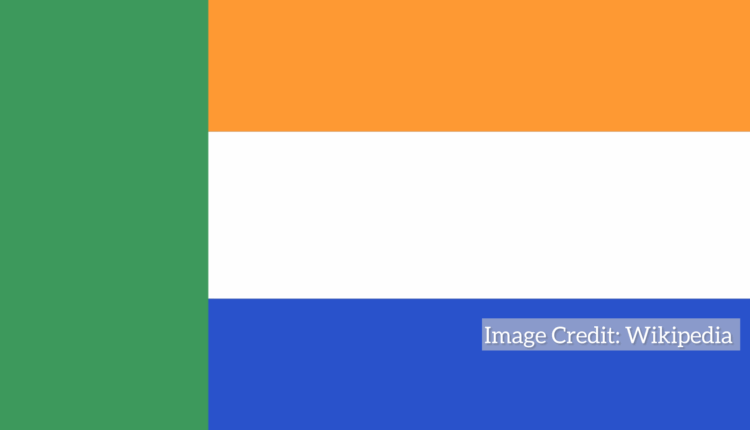The Afrikaners are a South African ethnic group descended primarily from Dutch, French Huguenot, and German settlers who began arriving at the Cape of Good Hope in the 17th century. Over centuries, they developed a distinct language, Afrikaans, and a unique identity tied to colonial settlement, land ownership, and political dominance particularly during the apartheid era.
Origins and Language
The Afrikaner identity traces back to European settlers brought by the Dutch East India Company starting in 1652. These settlers, along with indentured servants and later French Huguenot refugees, formed the foundation of what would become the Afrikaner people. By the 18th century, a creolized Dutch dialect began to emerge Afrikaans which later evolved into a fully developed language influenced by Dutch, German, Malay, and African languages.
Afrikaans remains one of South Africa’s 11 official languages and is still spoken by millions, both within the Afrikaner community and among other South Africans, particularly in rural areas.
Historical Role in South Africa
Afrikaners played a central role in shaping modern South Africa. In the 19th century, many migrated inland in a movement known as the Great Trek, seeking to escape British colonial rule. They established independent Boer republics like the Transvaal and the Orange Free State. These territories were later absorbed into British South Africa following the Anglo-Boer Wars (1880–1881 and 1899–1902), where Afrikaner forces fiercely resisted British imperial control.
In 1948, the National Party dominated by Afrikaners came to power and formalized the apartheid system, which enforced racial segregation and white minority rule. Under apartheid, Afrikaners held significant political, military, and economic control, and policies were enacted to preserve Afrikaner culture and language.
Post-Apartheid and Identity Challenges
The end of apartheid in 1994 marked a dramatic political shift. Afrikaners, who had dominated the state, suddenly became one of many ethnic groups under a Black-majority democratic government. Some Afrikaners feared cultural erosion, loss of land, and decline in social influence. A small minority has voiced feelings of marginalization, though the claim of “persecution” has been widely dismissed by South Africa’s government and independent human rights bodies.
Today, Afrikaners are a minority about 5–6% of South Africa’s population but continue to have a presence in agriculture, business, academia, and cultural life. Some live in wealthy suburbs, while others face poverty, particularly in rural farming areas.
Global Perceptions and Controversies
The international image of Afrikaners is complex. While many are seen as integral contributors to South Africa’s cultural and economic diversity, the group is also associated with apartheid’s legacy. In recent years, claims of discrimination and attacks on white farmers have been amplified by far-right movements abroad, particularly in the United States and Europe. These narratives though widely debunked have influenced political decisions, such as the recent U.S. refugee policy favoring white South Africans.
Conclusion
Afrikaners are a historically influential and culturally distinct group within South Africa. Their story reflects both the achievements and traumas of the country’s past. Today, they are navigating the challenges of identity, integration, and transformation in a post-apartheid society. While their history is steeped in power and controversy, many Afrikaners today seek a future rooted in equality, security, and cultural preservation within a diverse and democratic South Africa.








